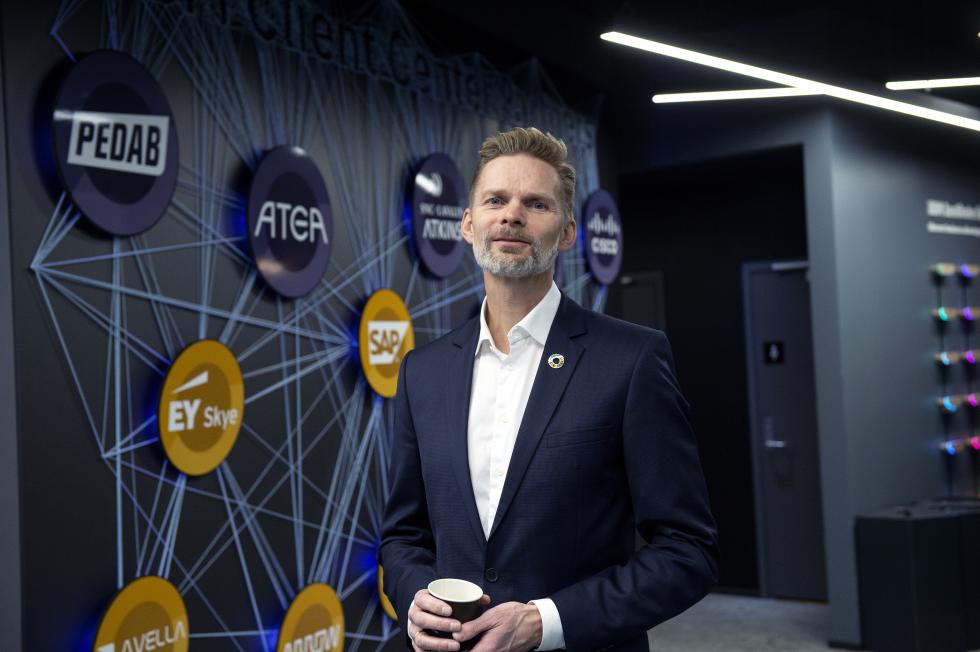In 2020, Norway received the National Artificial Intelligence (AI) Strategy. According to the strategy, “Norway can take a leading position in the application of artificial intelligence, especially in areas where we already have good conditions and strong environments, such as health, oil and gas, energy, marine and offshore industry, and the public sector.”
Two years into this strategy, a number of private and public companies are still struggling to create value by introducing artificial intelligence into their daily operations. The government seems to have put the strategy in the drawer. For example, none of the 100 “concrete” measures included in the government’s roadmap to boosting the green industry relate to the use or development of AI. Despite the fact that we know that the fulfillment of the same industrial promise depends entirely on it.
At the same time, we see that small businesses (startups) are much faster to assess and adopt AI, but in return often lack the resources to access the necessary talent and data.
A number of private and public companies are still struggling to create value by introducing artificial intelligence into their daily operations. The government seems to have put the strategy in the drawer.
Silos and isolation
Many, especially large companies, face challenges in implementing AI in their organizations. Most initiatives are usually done at the departmental level, which often means internal “isolation” and a lack of coordination. The point is that these initiatives are often scattered – not a clear strategy that management and the board of directors adopt.
Valeria Naumova, CEO of Simula Consulting. Photo: Thomas Bjørnflaten
Norway has one of the largest consulting environments in the Nordic countries, which is reflected in the fact that almost half of the technology experts in Norwegian companies are consultants from different consulting houses.
Often, such “isolated” initiatives are implemented with the help of external resources that have relevant expertise in the field of AI. Norway has one of the largest consulting environments in the Nordic countries, which is reflected in the fact that almost half of the technology experts in Norwegian companies are consultants from different consulting houses. When used correctly, this can provide significant value, because you can then access state-of-the-art specialist expertise adapted to the projects you want to undertake, and with the combined teams, the expertise can be transferred to your own organisation.
But if individual AI projects are not rooted in an overall AI strategy, then the projects led by the consultant will only become “silos” projects without having the opportunity to realize the potential that exists.
What does it take to succeed in an AI strategy?
One realization is that the AI community got off to a bit of a false start by introducing AI as something new and exciting it was quick to adopt. Initially, quite a few projects arose as a result of “we have to keep pace”, without adequately assessing the type of added value.
The lesson is that graduating in AI must start at the top. This type of restructuring and modernization requires careful study and discussion in management. The most important trade-offs are how AI can change and enhance value creation, and how the business model will change accordingly. Norway has the potential to become a leading country in the field of artificial intelligence. But it starts with both the management of the relevant companies and the government’s understanding of what and why.
Øyvind Husby
CEO of ICT Norway
Valery Naumova
CEO of Simula Consulting

“Web specialist. Lifelong zombie maven. Coffee ninja. Hipster-friendly analyst.”



